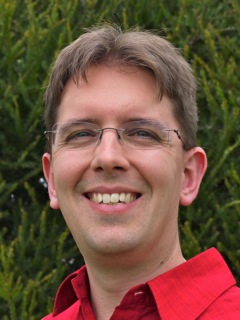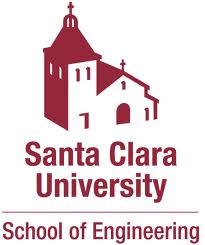MSST 2014 Speaker
Steven Swanson, University of California, San Diego

Fast Non-Volatile Memories
Emerging, fast non-volatile memories have vastly improved performance and increased flexibility in storage systems compared to conventional disks, but approaches to scaling storage systems and the interfaces that we use to access them have not kept up. The performance of these memory technologies places greater pressure on both system storage software that manages access to them and the interconnects that allow them to scale. At the same time, their increased flexibility (e.g., in terms of high-performance random access) demands a richer interface than the read/write semantics that disks support. To understand how software must adapt and how interfaces much change, we have developed a series of prototype storage systems based on next-generation storage technologies that explore the space of interactions between storage management software, data storage hardware, and the interconnects that allow for scalability. This talk will survey that work and suggest a framework for rethinking storage systems in light of emerging technologies.
Steven Swanson is an associate professor in the Department of Computer Science and Engineering at the University of California, San Diego and the director of the Non-volatile Systems Laboratory. His research interests include the systems, architecture, security, and reliability issues surrounding non-volatile, solid-state memories. He also co-leads projects to develop low-power co-processors for irregular applications and to devise software techniques for using multiple processors to speed up single-threaded computations. In previous lives he has worked on scalable dataflow architectures, ubiquitous computing, and simultaneous multithreading. He received his PhD from the University of Washington in 2006 and his undergraduate degree from the University of Puget Sound.
| Page Updated January 12, 2024 |

